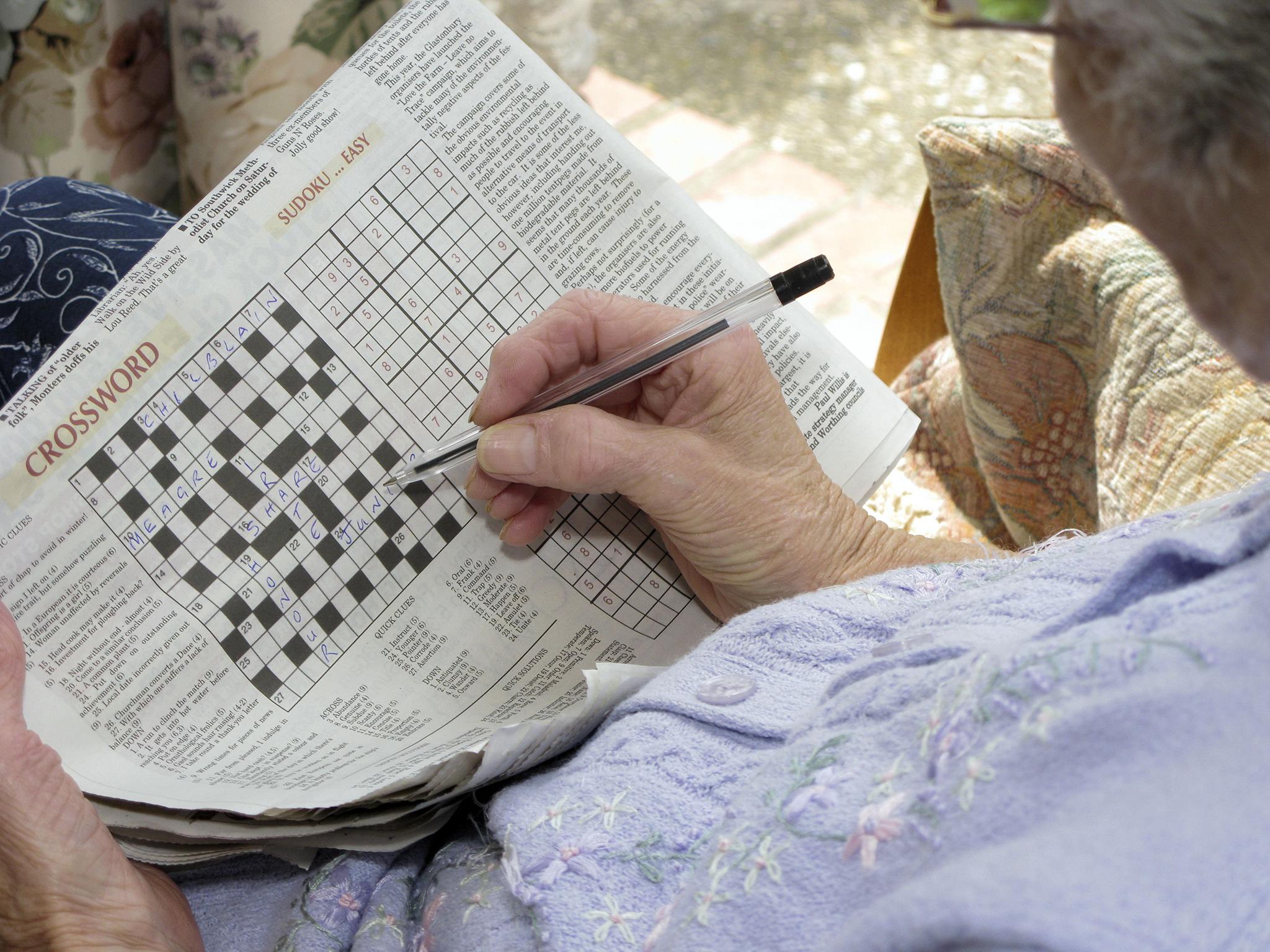Women are smarter in later life when living in gender-equal societies, finds major report
Research finds women's cognitive performance improved relative to men's in countries that abandon traditional attitudes towards gender roles

Your support helps us to tell the story
From reproductive rights to climate change to Big Tech, The Independent is on the ground when the story is developing. Whether it's investigating the financials of Elon Musk's pro-Trump PAC or producing our latest documentary, 'The A Word', which shines a light on the American women fighting for reproductive rights, we know how important it is to parse out the facts from the messaging.
At such a critical moment in US history, we need reporters on the ground. Your donation allows us to keep sending journalists to speak to both sides of the story.
The Independent is trusted by Americans across the entire political spectrum. And unlike many other quality news outlets, we choose not to lock Americans out of our reporting and analysis with paywalls. We believe quality journalism should be available to everyone, paid for by those who can afford it.
Your support makes all the difference.Middle-aged women are smarter if they live in gender-equal societies, a new study has found.
After noticing that scores on cognitive tests varied widely, with, for example, women in northern Europe outperforming men in memory tests and the opposite being true in the continent’s southern countries, researchers set out to discover why.
So the team, which included members from the Norwegian Institute of Public Health and America’s prestigious Columbia University, analysed the results of cognitive tests of female participants between the ages of 50 and 93 from surveys provided by a total of 27 countries.
To gauge attitudes towards gender roles, they also focused on participants’ agreement with the statement: “When jobs are scarce, men should have more right to a job than women.”
Publishing their findings in Psychological Science, the authors suggested that women living in societies with traditional attitudes about gender roles have less opportunities for education and employment, which therefore affected their cognitive performance in later life.
Sweden, which has less traditional attitudes towards gender, was the country where most women outperformed men, whereas men’s advantage in cognitive performance was highest in Ghana, a society which is less gender-equal, the team said.
As countries became more gender-equal over time, women’s cognitive performance improved relative to men’s, they added.
“These findings reinforce the need for policies aiming at reducing gender inequalities as we show that consequences go beyond the labour market and income inequalities,” they said. “It also shows how important it is to consider seemingly intangible influences, such as cultural attitudes and values, when trying to understand cognitive ageing.”
They concluded the ageing of the global population raised the importance of understanding how gender affects old-age cognition and productivity.
They concluded that gender-role attitudes were an important factor for women’s outcomes in later life and called for a reduction in gender inequalities across the world.
Join our commenting forum
Join thought-provoking conversations, follow other Independent readers and see their replies
Comments